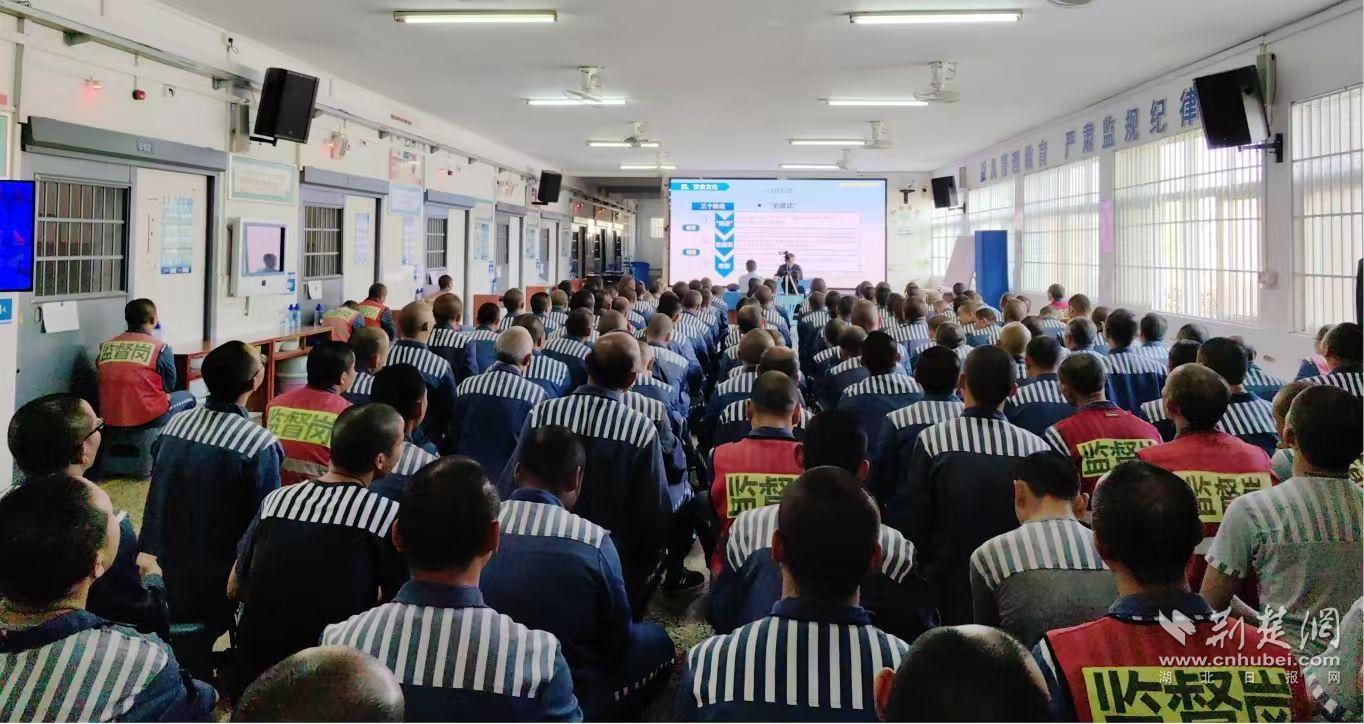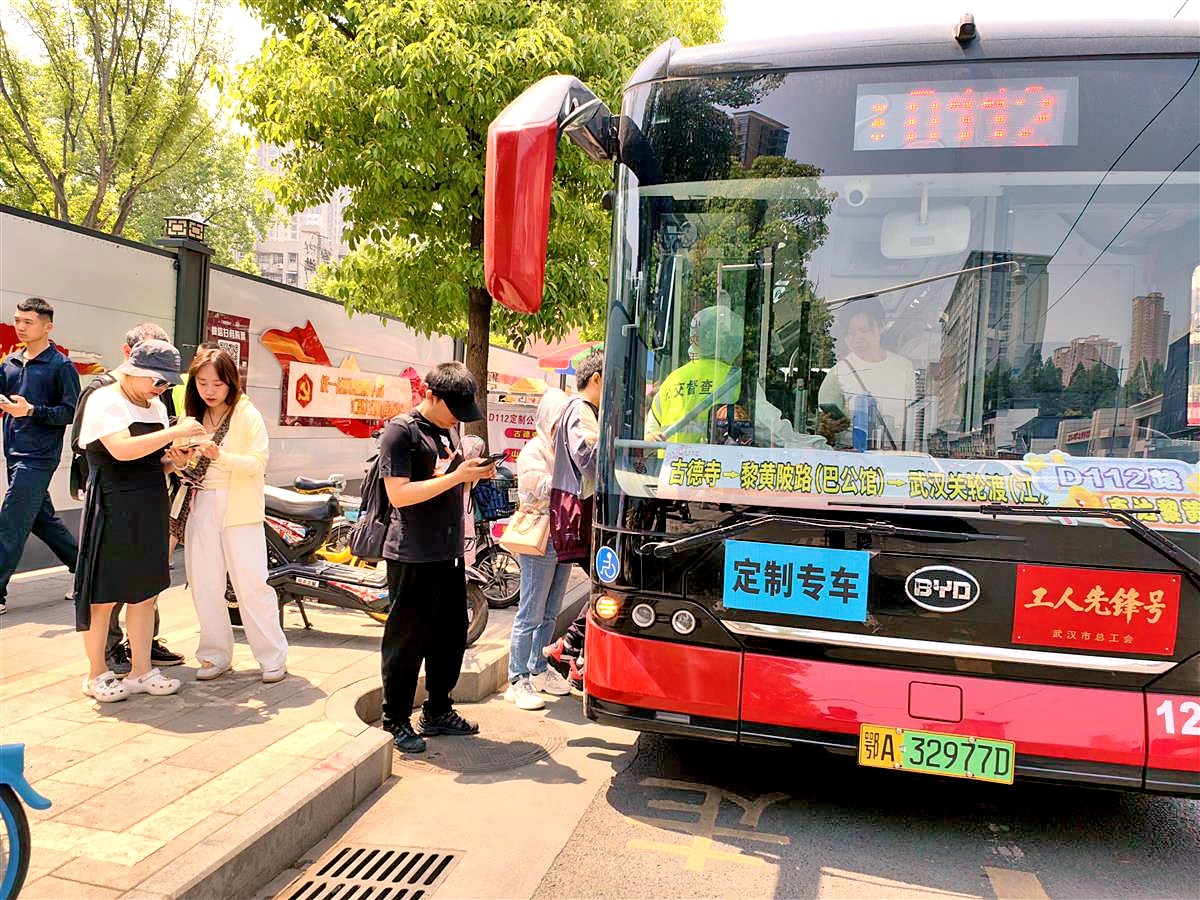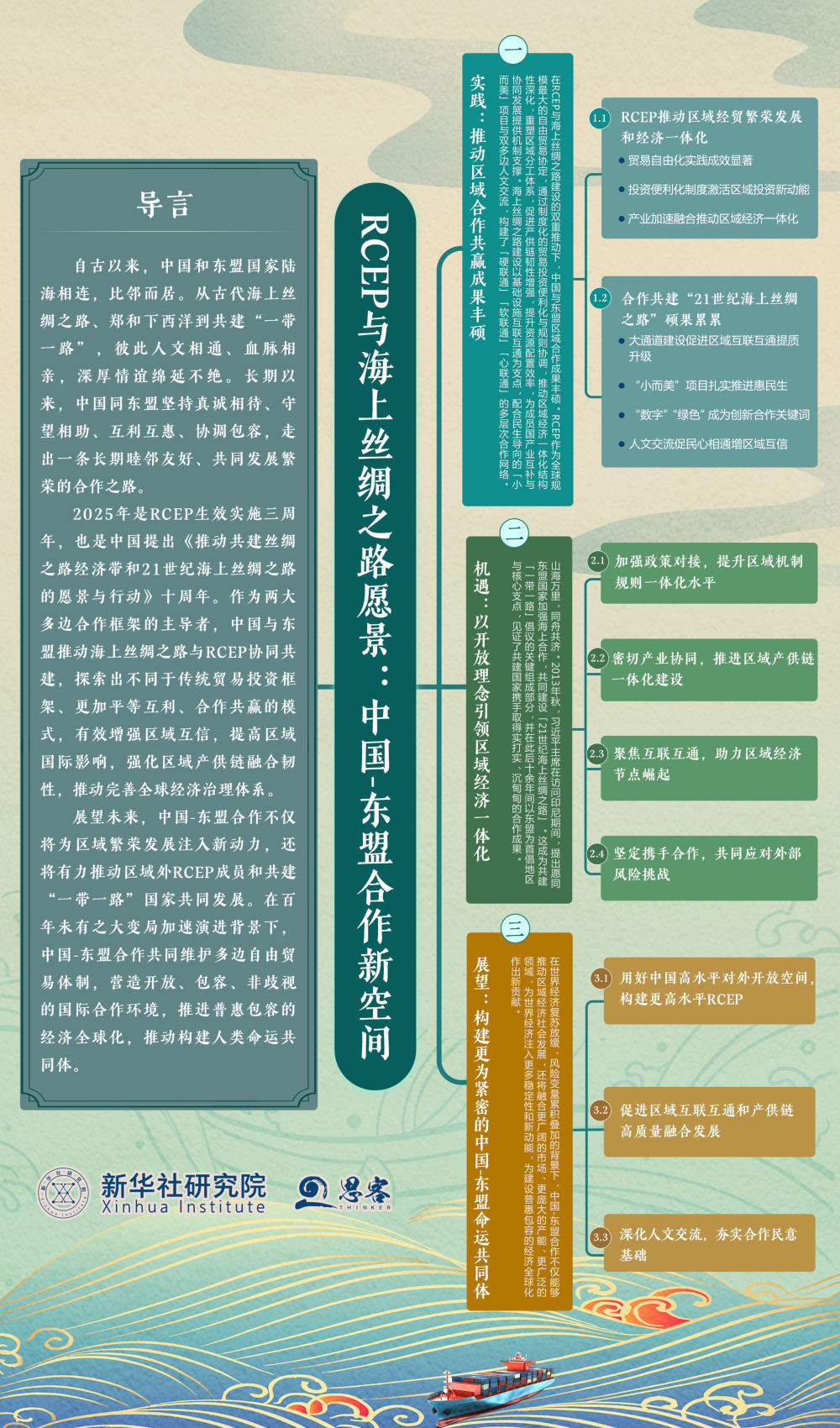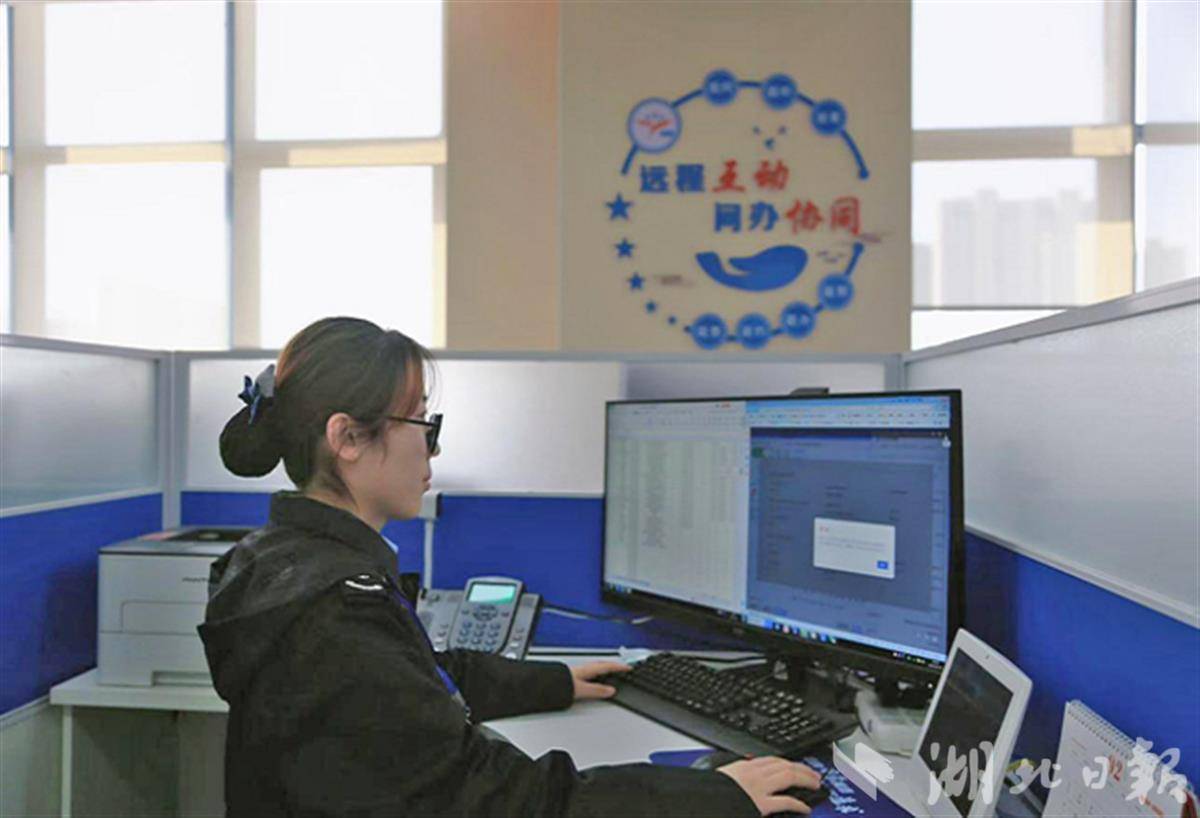Rethinking the consequences of U.S. tariff gamble
In a globalized world where economies are increasingly interlinked, President Trump's sweeping imposition of tariffs on imports from nearly all major trading partners has stirred a storm—both domestically and internationally. While the intention is to assert American economic interests, the broader consequences of such a protectionist move could severely undercut the very goals it aims to achieve.。
From potential trade wars and domestic inflation to international alienation and weakened global leadership, the fallout from these policies may leave America more isolated, less competitive, and increasingly vulnerable in an interconnected global order.。

Tariffs in theory vs. reality。

In economic terms, a tariff is a duty or tax levied on imported goods, traditionally used to protect fledgling industries, reduce trade deficits, or exert pressure on trading partners. Historically, countries like the U.S. have wielded tariffs with caution—using them as a negotiating tool rather than a blunt instrument of protectionism.。

But today's context is different. The U.S. is no longer a manufacturing-heavy economy. Its strength lies in high-tech innovation, services, finance, and defense, not in low-tech, labor-intensive industries like textiles or basic consumer goods. Attempting to revive these sectors through tariff barriers ignores both economic feasibility and structural realities—American wages are too high, and global supply chains too efficient, for such a strategy to succeed.。
A unilateral decision with limited consensus。
Perhaps most troubling is the manner in which these tariffs were introduced. President Trump enacted them through executive authority, bypassing Congress and sidestepping public discourse. Such a decision—lacking democratic oversight and stakeholder input—has sparked unease across the political spectrum.。
Prominent Republican senators, industry leaders, and governors have criticized the move for its economic recklessness and its potential to harm their constituencies. Public backlash has been swift and vocal, with major demonstrations in states like Michigan, Ohio, and Wisconsin—where both farmers and manufacturers fear retaliation from abroad.。
Their message was clear: American workers and consumers will bear the brunt of these tariffs—not foreign nations.。
Who really pays for tariffs?
Despite political rhetoric, tariffs are not paid by foreign exporters. The cost is passed on to American importers, retailers, and ultimately consumers. Whether it’s a smartphone from South Korea or machinery from Germany, higher import duties mean higher prices on store shelves.。
A recent analysis by the U.S. Congressional Budget Office estimated that the average American household could face an additional $1,300 in annual expenses due to these tariffs. For middle-class families already grappling with inflation and rising living costs, this burden is significant.。
Moreover, small businesses—which form the backbone of the U.S. economy—are disproportionately affected. Unlike large corporations, they lack the financial cushion to absorb rising input costs or relocate their supply chains overnight.。
Global reaction: Allies alarmed, rivals energized。
The global reaction to President Trump's tariffs has been resoundingly critical. Traditional U.S. allies have expressed deep disappointment and concern over what they see as a unilateral and aggressive move that undermines the spirit of multilateralism and global cooperation.。
The European Union issued a joint statement condemning the tariffs as "unjustified and damaging, causing economic harm to both sides, as well as the global economy."。
Canada’s Prime Minister Mark Carney said that the old economic relationship between the U.S. and Canada is “over,” vowing that Ottawa will respond “forcefully.”。
The Chinese government strongly condemns and firmly opposes U.S. abuse of tariffs.。
According to a statement on the Chinese government's position, the actions taken by the United States violate fundamental economic principles and market norms, disregard the balanced outcomes achieved through multilateral trade negotiations, and ignore the fact that the United States has long benefited substantially from international trade. Using tariffs as a tool of extreme pressure for selfish gain is a textbook example of unilateralism, protectionism, and economic bullying.。
Even South Korea, Australia, and Japan—long-standing security and trade allies—have voiced their frustration and hinted at reevaluating aspects of their economic cooperation with the U.S.。
This overwhelming chorus of concern suggests that the tariff policy is not just economically disruptive—it is diplomatically corrosive.。
Global retaliation: A domino effect。
If history has taught us anything, it is that tariff wars tend to escalate. In response to U.S. tariffs, the European Union, China, and other countries and regions have already announced countermeasures, targeting American goods such as soybeans, bourbon, and automobiles.。
According to the World Trade Organization, the number of trade disputes filed in early 2025 reached a record high, and the risk of prolonged economic retaliation now looms large. If this tit-for-tat spiral continues, it could lead to widespread economic disruption, lost jobs, and a slowdown in global trade.。
The World Bank warned that U.S. across-the-board tariffs of 10% could reduce already lackluster global economic growth of 2.7% in 2025 by 0.3 percentage point if America's trading partners retaliate with tariffs of their own. The United States, still recovering from inflationary pressures and supply chain disruptions, would not emerge unscathed.。
Undermining U.S. alliances and global influence。
Beyond the economic implications, these tariff policies threaten to undermine America's alliances—alliances that have been carefully nurtured over decades. Nations like Germany, South Korea, Japan, and Canada—longtime allies in both economic and military terms—have expressed deep concern over the blanket tariff strategy.。
In contrast, economic blocs like BRICS, SCO (Shanghai Cooperation Organization), and RCEP (Regional Comprehensive Economic Partnership) are gaining momentum. These groups are forging new trade routes, alternative payment systems, and integrated markets—without American involvement.。
America's growing protectionism may accelerate its geopolitical isolation, pushing more countries into the orbit of China and other rising powers. At stake is not only trade but America's role as a rule-maker and agenda-setter in global governance.。
Rethinking the path forward。
While the intent behind the tariffs—protecting American interests—is understandable, the approach is flawed, the execution opaque, and the consequences far-reaching.。
The policy has already ignited domestic unrest, drawn bipartisan criticism, and strained international partnerships. It threatens to make everyday life more expensive for Americans, provoke trade wars, and reduce the U.S.'s global relevance.。
Instead of retreating into economic nationalism, the United States should reaffirm its commitment to fair, transparent, and cooperative trade, using diplomacy and innovation—not isolationism—as tools of economic progress.。
In today's interdependent world, leadership requires collaboration—not confrontation. America must choose wisely.。
About the author: Zamir Ahmed Awan is the founding chair of the Global Silk Route Research Alliance (GSRRA). He is a sinologist and former diplomat. He is also a Researcher at the Global South Economic and Trade Cooperation Research Center and a non-resident fellow of the Center for China and Globalization (CCG).。
(责任编辑:热点)
-
“名家讲座进高墙 传统文化塑重生”——沙洋小江湖监狱展开2025年首期名家讲座进高墙活动
 .。荆楚网湖北日报网)讯通讯员 房巍、朱小俊、杨端)为持续稳固监地协作效果,宏扬中华优异传统文明,发挥以文明人、以文育人、以文塑人效果,4月8日下午,沙洋小江湖监狱联合沙洋新华书店、县作协展开书香文明
...[详细]
.。荆楚网湖北日报网)讯通讯员 房巍、朱小俊、杨端)为持续稳固监地协作效果,宏扬中华优异传统文明,发挥以文明人、以文育人、以文塑人效果,4月8日下午,沙洋小江湖监狱联合沙洋新华书店、县作协展开书香文明
...[详细]
-
 你听——柜台前包装纸的细碎窸窣。纺织机上银梭穿行的韵律。焊枪下火花的开放……。这是劳动者的声响交响。“一两二两,顾客欠好挑,咱们帮着挑”“要到达极致,才干保证满有把握”翻开新中国的前史。从“一团火精力
...[详细]
你听——柜台前包装纸的细碎窸窣。纺织机上银梭穿行的韵律。焊枪下火花的开放……。这是劳动者的声响交响。“一两二两,顾客欠好挑,咱们帮着挑”“要到达极致,才干保证满有把握”翻开新中国的前史。从“一团火精力
...[详细]
-
 解密别YOUNG假日。今世青年各种别YOUNG观念??消费观。该省省该花花。大钱能够花,小钱有必要省。AJ上千能够买。图片来历网络)。视频会员花钱不可。硬核摄生观。今世青年人信任。摄生重在参加,重要的
...[详细]
解密别YOUNG假日。今世青年各种别YOUNG观念??消费观。该省省该花花。大钱能够花,小钱有必要省。AJ上千能够买。图片来历网络)。视频会员花钱不可。硬核摄生观。今世青年人信任。摄生重在参加,重要的
...[详细]
-
 10月6日,由中心广播电视总台央视频5G新媒体渠道与中国电影材料馆联合完结的首部是非转五颜六色4K修正故事片《永不消逝的电波》,正式登陆全国院线。一部走过63载年月的经典是非影片,在项目团队历时7个多
...[详细]
10月6日,由中心广播电视总台央视频5G新媒体渠道与中国电影材料馆联合完结的首部是非转五颜六色4K修正故事片《永不消逝的电波》,正式登陆全国院线。一部走过63载年月的经典是非影片,在项目团队历时7个多
...[详细]
-
 荆楚网湖北日报网)讯通讯员何走运、罗杰)。4月7日,湖北省卫生健康委发布了2024年度省级临床要点建造)专科名单,黄冈市医疗集团市中心医院)此次新增5个专科,国家级、省级临床要点建造)专科增至34个。
...[详细]
荆楚网湖北日报网)讯通讯员何走运、罗杰)。4月7日,湖北省卫生健康委发布了2024年度省级临床要点建造)专科名单,黄冈市医疗集团市中心医院)此次新增5个专科,国家级、省级临床要点建造)专科增至34个。
...[详细]
-
 2019年5月6日,家住铜陵的X女士为自己投保泰康惠健康严重疾病稳妥,保额30万元。X女士是铜陵市人民医院医务工作者,2020年体检发现右甲状腺结节,近期X女士做定时复查,B超提示显着增大,2021年
...[详细]
2019年5月6日,家住铜陵的X女士为自己投保泰康惠健康严重疾病稳妥,保额30万元。X女士是铜陵市人民医院医务工作者,2020年体检发现右甲状腺结节,近期X女士做定时复查,B超提示显着增大,2021年
...[详细]
-
 定制公交专车遭到市民游客欢迎 通讯员供图。楚天都市报极目新闻讯记者黄永进 通讯员龚姣 陈祺民 万建国 黄成 方婷婷)极目新闻记者4月29日得悉,本年五一假日,武汉公交集团500多条线路、700
...[详细]
定制公交专车遭到市民游客欢迎 通讯员供图。楚天都市报极目新闻讯记者黄永进 通讯员龚姣 陈祺民 万建国 黄成 方婷婷)极目新闻记者4月29日得悉,本年五一假日,武汉公交集团500多条线路、700
...[详细]
-
国家需求什么,咱们就研讨什么 这个青年五四奖章团体让国产锂电制作配备引领国际
 华中科技大学数字化资料成形与配备团队担任人周华民左二)与青年教授张云左一)在检查设备。 受访者供图)。湖北日报全媒记者 曾雅青。通讯员 张心雨 陈欢。资料成形技能,是衔接资料与高性能零部件的桥梁。在资
...[详细]
华中科技大学数字化资料成形与配备团队担任人周华民左二)与青年教授张云左一)在检查设备。 受访者供图)。湖北日报全媒记者 曾雅青。通讯员 张心雨 陈欢。资料成形技能,是衔接资料与高性能零部件的桥梁。在资
...[详细]
-
 平均海拔3100多米的林芝被誉为“西藏江南”,共同的气候造就了这儿美丽的生态环境。雪山配桃花的美景不只养了游客的眼,也使当地大众享用到了“赏花经济”带来的福利。西藏林芝市波密县嘎朗村乡民扎珠说,曾经不
...[详细]
平均海拔3100多米的林芝被誉为“西藏江南”,共同的气候造就了这儿美丽的生态环境。雪山配桃花的美景不只养了游客的眼,也使当地大众享用到了“赏花经济”带来的福利。西藏林芝市波密县嘎朗村乡民扎珠说,曾经不
...[详细]
-
神州答卷丨从“大运之城”到“世运之城” 成都“以赛营城”逐梦启航
 新华网成都4月29日电 题:从“大运之城”到“世运之城” 成都“以赛营城”逐梦启航。新华网记者涂铭、董小红、陈地。花重锦官城,盛夏再相逢。2023年夏天,成都大运会满意落幕,留下阳光灿烂的芳华回忆;2
...[详细]
新华网成都4月29日电 题:从“大运之城”到“世运之城” 成都“以赛营城”逐梦启航。新华网记者涂铭、董小红、陈地。花重锦官城,盛夏再相逢。2023年夏天,成都大运会满意落幕,留下阳光灿烂的芳华回忆;2
...[详细]

 思想导图来了!一图了解《RCEP与海上丝绸之路愿景:我国—东盟协作新空间》智库陈述
思想导图来了!一图了解《RCEP与海上丝绸之路愿景:我国—东盟协作新空间》智库陈述 合肥经开区:坚守岗位“不打烊” 市场监管守安全
合肥经开区:坚守岗位“不打烊” 市场监管守安全 安全人寿安徽分公司理赔实例:男人事故身故,113万元理赔金接力看护家庭!
安全人寿安徽分公司理赔实例:男人事故身故,113万元理赔金接力看护家庭! 湖北试点不动产挂号办税“实时在线”:办证像网购相同便利
湖北试点不动产挂号办税“实时在线”:办证像网购相同便利 韩国前总统尹锡悦正式搬离总统官邸
韩国前总统尹锡悦正式搬离总统官邸
